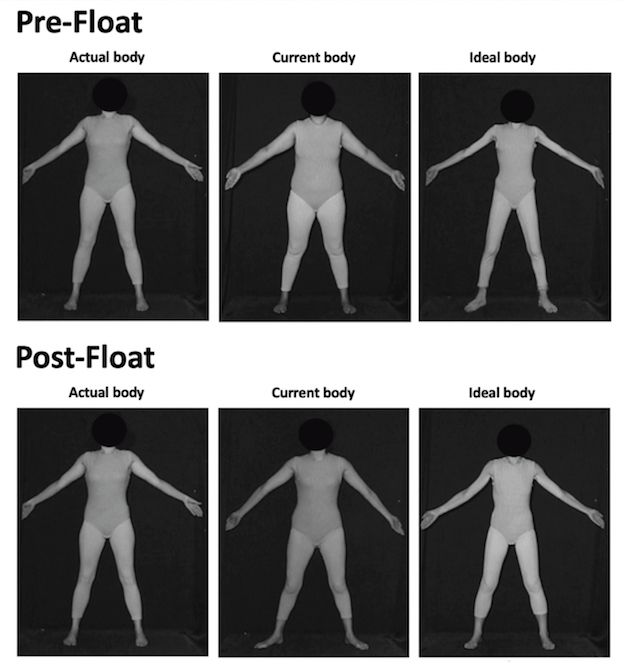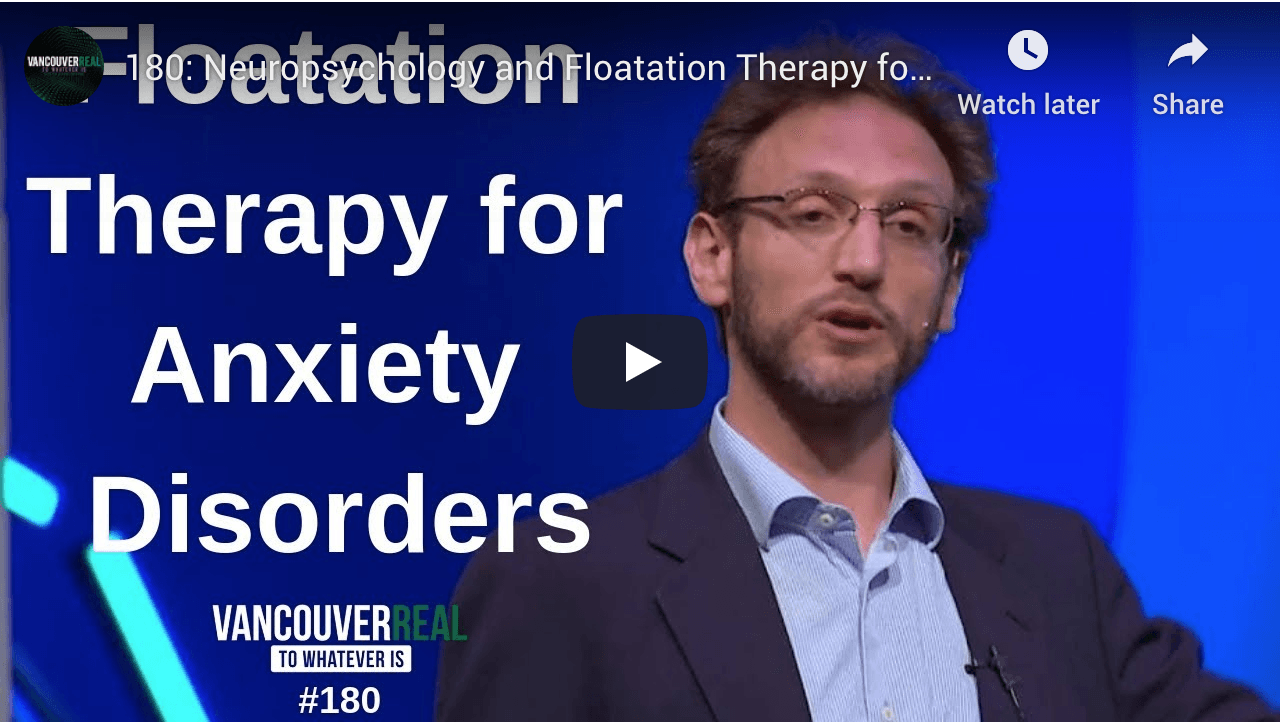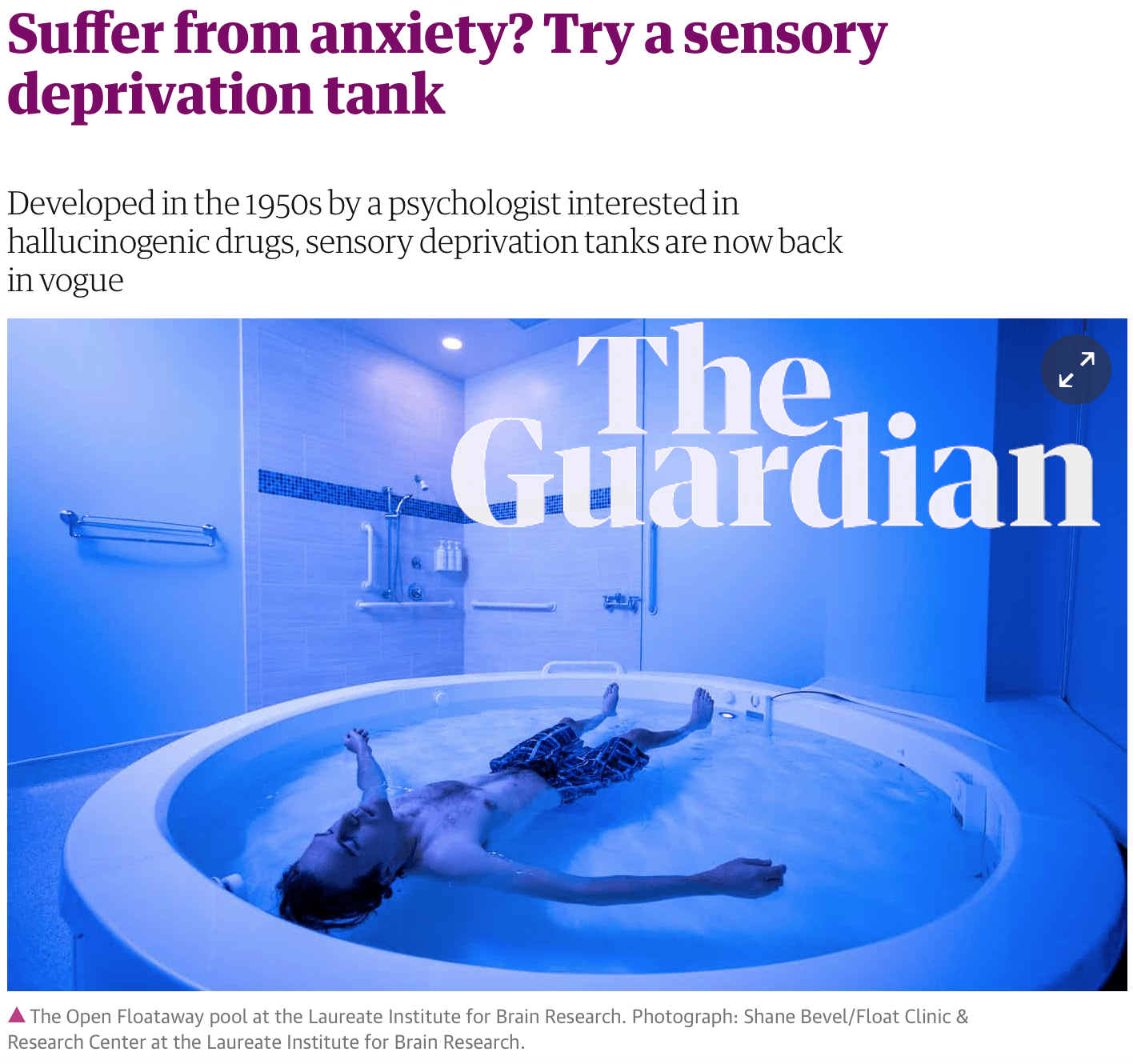Clinical Floatation News
Clinical Floatation in the Press

In the summer of 2022, the Float Research Collective (FRC) was officially formed as a 501(c)(3) nonprofit organization. Its mission is to establish worldwide acceptance for Floatation-REST (Reduced Environmental Stimulation Therapy) as a treatment to naturally relieve pain, stress, anxiety and other related conditions.
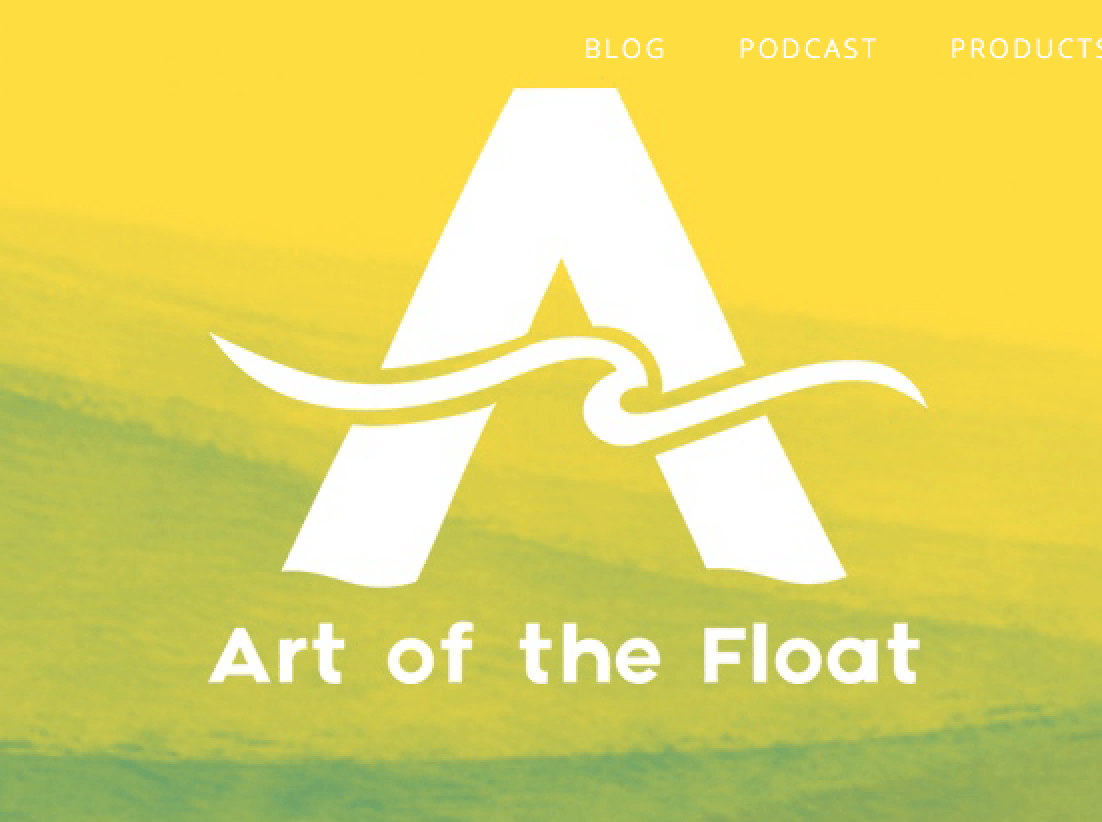
Dr Justin Feinstein has some big changes to announce. In part one of his interview with Art of the Float he discusses his new Float Research Collective initiative and his new float centre in Maui. He is also looking for float centres to help him gather publishable data to help increase awareness and evidence for the benefits of floatation therapy. Click here to listen to part one of the interview, and see how you can get involved with Dr Feinstein! In part two of his interview with Art of the Float, he talks more about his decision to leave LIBR, move to Maui, and start a Float Research Collective designed to advance the research on the benefits of floatation therapy using float centres all over the country! Click here to listen to Dr Feinstein discuss the incredible effects of floating on stress, anxiety and depression, as well as find out how you can get involved in his ongoing research. If you would like to get involved, sign up for newsletter updates here .

"Once you get into the tank and have marvelled at your own buoyancy, flicked the lights on and off to see if you're scared (I am a bit, initially), and rolled around, everything relaxes. When your thumb has stopped involuntarily scrolling, and your brain stops telling you to refresh your emails, you relax your shoulders, unclench your jaw, move your neck around, straighten your back, release your tongue from the roof of your mouth, and loosen your hands. Related: Thinking of joining a book club? It may improve your wellbeing And when you've really settled in, and you're floating, naked and spread out like a starfish in a silent, black pod with a quiet mind, there comes a point when the temperature of the water, which is body temperature, becomes indecipherable from the air in the pod. The lack of light and sound reduces your sense of touch, so when I reach that meditative state, it doesn't feel like I'm in a pod, in water, or in anything at all. It's like floating in nothingness or drifting in space. If you have 15 tabs open in your brain at any one time, three to-do lists on your desk, and find you're doing everything and achieving nothing, flotation therapy is the one for you."
Synopsis Articles
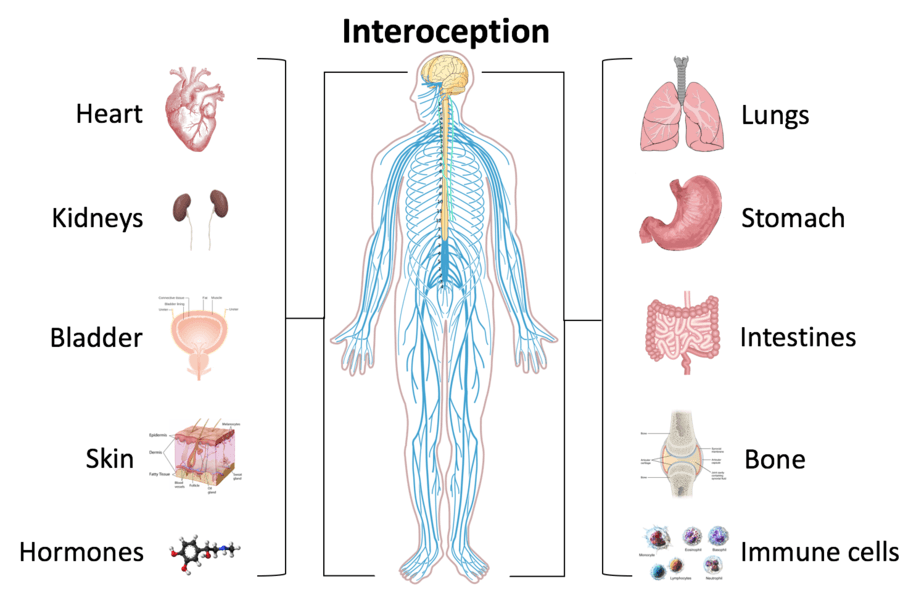
I want to explain my take on it without using long words. The Wiki article derives from the soon to be published peer reviewed paper, which was the result of that conference. I am writing this because I believe that we all should know more about what is likely to be the basis of our consciousness and personality. At last this important word has a thorough explanation at Wikipedia .
Don't miss...
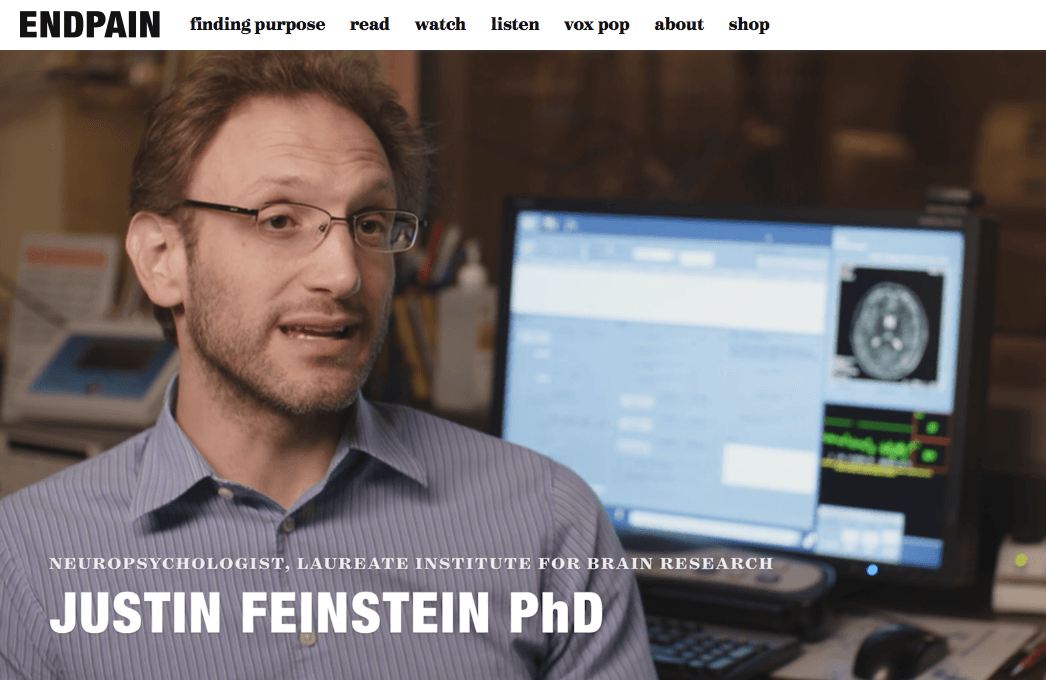
What would it be like to exist without a body? Sensory deprivation technology allows us the opportunity to find out. Sensory deprivation tanks or “floating tanks” are designed to eliminate everyday sensory stimuli in a peaceful, controlled environment, giving us a much needed break from the constant physical sensations that often contribute to stressful brain states.

"Initially terrifying but ultimately profound, it was unlike anything I'd ever experienced before. " - CATHERINE DIBENEDETTO It is pitch black, and eerily quiet. I am floating in a foot of salt water, inside a light-proof, sound-proof tank. The air and the water are about the same temperature as my skin, and I realize I’m not sure where my body ends and my surroundings begin...... Health.com talk to Justin Feinstein about floatation therapy READ THE FULL ARTICLE HERE

Mandy Oaklander looks at the question : Can Float Therapy Really Treat Stress? In recent years, float therapy–once dismissed as a psychedelic thrill for LSD poppers–has emerged as a potential treatment for stress- based mental conditions. Proponents in the scientific community view it as a shortcut to meditation, a way for people to reach deeply relaxed states without even trying. “Instead of sensory deprivation, float therapy is a form of sensory enhancement,” says clinical neuropsychologist Justin Feinstein, director of the Float Clinic and Research Center at the Laureate Institute for Brain Research in Tulsa, Okla..... Original link here TIME PDF of article HERE as TIME link seems to be not working correctly



